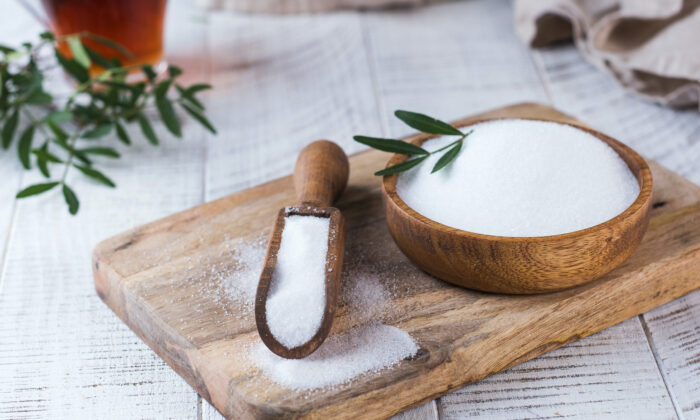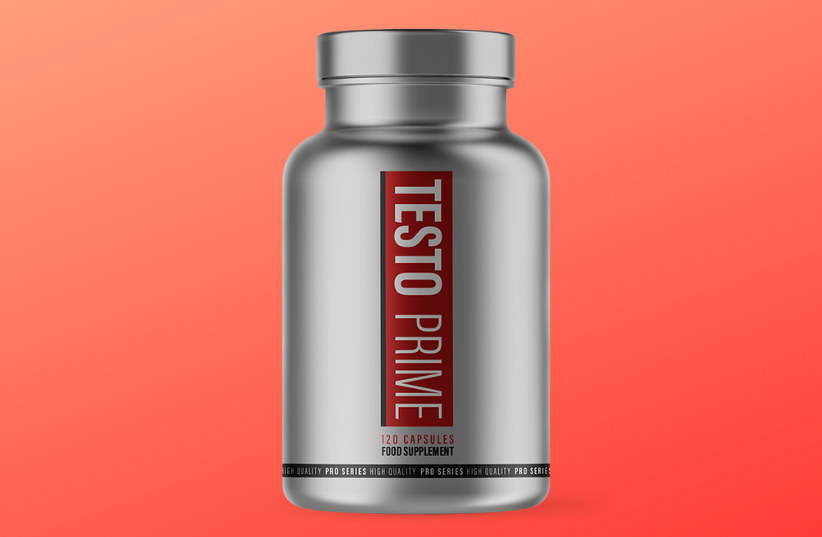When asked to identify ultra-processed foods, many people would likely think of snacks and meals high in fat or sugar. Biscuits, crisps, sausages, and pastries are all obvious examples - but there are some less well-known ones. The British Heart Foundation explains that the term 'ultra-processed foods' originates from the NOVA food classification system , developed by researchers at the University of São Paulo, Brazil .
This system categorizes food, whose importance to health can be shown in a study that suggests that food can 'drastically' reduce a person's chances of contracting dementia , into four groups based on the extent of processing during production: Many items in the UPF category are tasty choices or quick and easy to grab, making them popular in our hectic lives. However, researchers have just released findings from a significant study which revealed that nearly 18,000 people potentially died as a result of consuming UPFs. The research, published in the American Journal of Preventive Medicine, found that in 2018/19, approximately 17,781 premature deaths in the UK could have been associated with UPFs.

Eduardo Nilson, lead investigator of the study from the Oswaldo Cruz Foundation in Brazil , commented: "UPFs affect health beyond the individual impact of high content of critical nutrients (sodium, trans fats, and sugar) because of the changes in the foods during industrial processing and the use of artificial ingredients, including colourants, artificial flavours and sweeteners, emulsifiers, and many other additives and processing aids, so assessing deaths from all causes associated with UPF consumption allows an overall estimate of the effect of industrial food processing on health." Dr. Nilson also highlighted that "each 10% increase in the participation of UPFs in the diet increases the risk of death from all causes by 3%.
" The British Heart Foundation (BHF) cautions: "More than half of the energy (calories) an average person in the UK eats and drinks comes from ultra-processed foods. That's perhaps not surprising as they can be convenient and appealing and are heavily marketed to us. But researchers have shown that ultra-processed foods can impact our health.
" Despite this knowledge, avoiding UPFs is not always straightforward. In addition to obvious examples like sausages, ice cream, crisps, and biscuits, some surprising items considered healthy or unexpected may also fall under the category of ultra-processed foods. Ultra-processed foods that might take us by surprise.
You may not realize that your 'healthy' breakfast cereal or ham salad sandwich likely contains ultra-processed foods (UPFs). The British Heart Foundation (BHF) notes: "When you think of ultra-processed foods, you might think of chips, sweets, and colourful sugary drinks, but there are some less obvious examples." Here are some foods that might not be on your UPF radar.
Cereals and bread. Common items like breakfast cereals and mass-produced or packaged bread can be considered ultra-processed foods. This is because they often have extra ingredients added during production, such as emulsifiers, sweeteners, and artificial colours and flavours.
The BHF states: "One of the criticisms of the NOVA method of categorising foods is that foods like these, which can be part of a healthy diet, sit alongside less nutritious ultra-processed foods. Less nutritious ultra-processed foods can include pre-prepared meals, sausages and nuggets, as well as sweets, biscuits, pastries, buns, cakes and pre-prepared chips." Vegetarian and vegan foods.
Plant-based meat and cheese substitutes are also ultra-processed, and so might not be as healthy as they are marketed to be. Cheese. Most freshly-made dairy cheeses like Cheddar, Brie, mozzarella and Edam fall into the processed food category, because they have been made with methods such as pasteurisation, fermentation or ageing, says the BHF.
But others are considered UPFs. The BHF warns: "Cheeses that are ultra-processed include cheese slices, spreads, some shredded cheeses, and flavoured cheeses. They have been industrially processed and can typically contain added fats, sugars and salt, as well as ingredients we do not have at home, such as preservatives, sweeteners, emulsifiers, and artificial colourings.
"Vegetarian and vegan cheeses can also be ultra-processed because of the ingredients and additives used to make them taste and feel like dairy cheese. Cheese is a good source of calcium and protein and, in moderation, can be a healthy part of your diet. "To avoid ultra-processed foods, stick to traditional cheeses.
For example, buying Cheddar in a large block and slicing it yourself is cheaper and healthier than buying pre-sliced options. "But keep in mind that cheese can be high in salt and saturated fat, so aim for a matchbox-sized portion (around 30g) per day to keep your intake in check." Drinks.
The BHF points out that not only the brightly coloured options classify as UPFs but also "carbonated drinks and some alcoholic drinks including whisky, gin, and rum". Should we completely cut out UPFs? The BHF suggests that while there's increasing evidence indicating ultra-processed foods may negatively impact heart and circulation, the research isn't conclusive enough to warrant a total ban. They advise: "Instead of trying to completely cut out these foods, think about the balance in your diet.
"Make sure that there are minimally processed foods in there too – eat fruit and vegetables with your meals and drink water instead of sugary drinks – and try to fit in time over the week for home cooking. It's also important to remember that not all ultra-processed foods are equal. "When you do include ultra-processed foods in your diet, choose those with more nutritional benefit – wholegrain bread and cereals or baked beans, for example, instead of crisps, sweets, or pizzas.
Get in the habit of reading food labels so you can easily identify and cut back on foods that are high in sugar, salt, or saturated fat.".
Health

Four shocking ultra-processed foods that can damage health

A new study has found that almost 18,000 people died potentially as a result of eating ultra-processed foods















